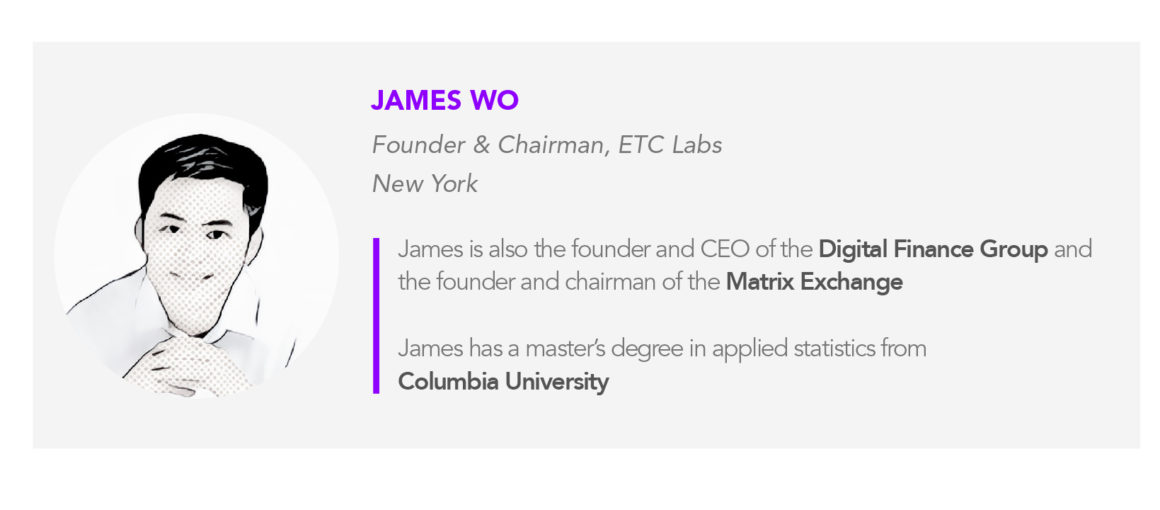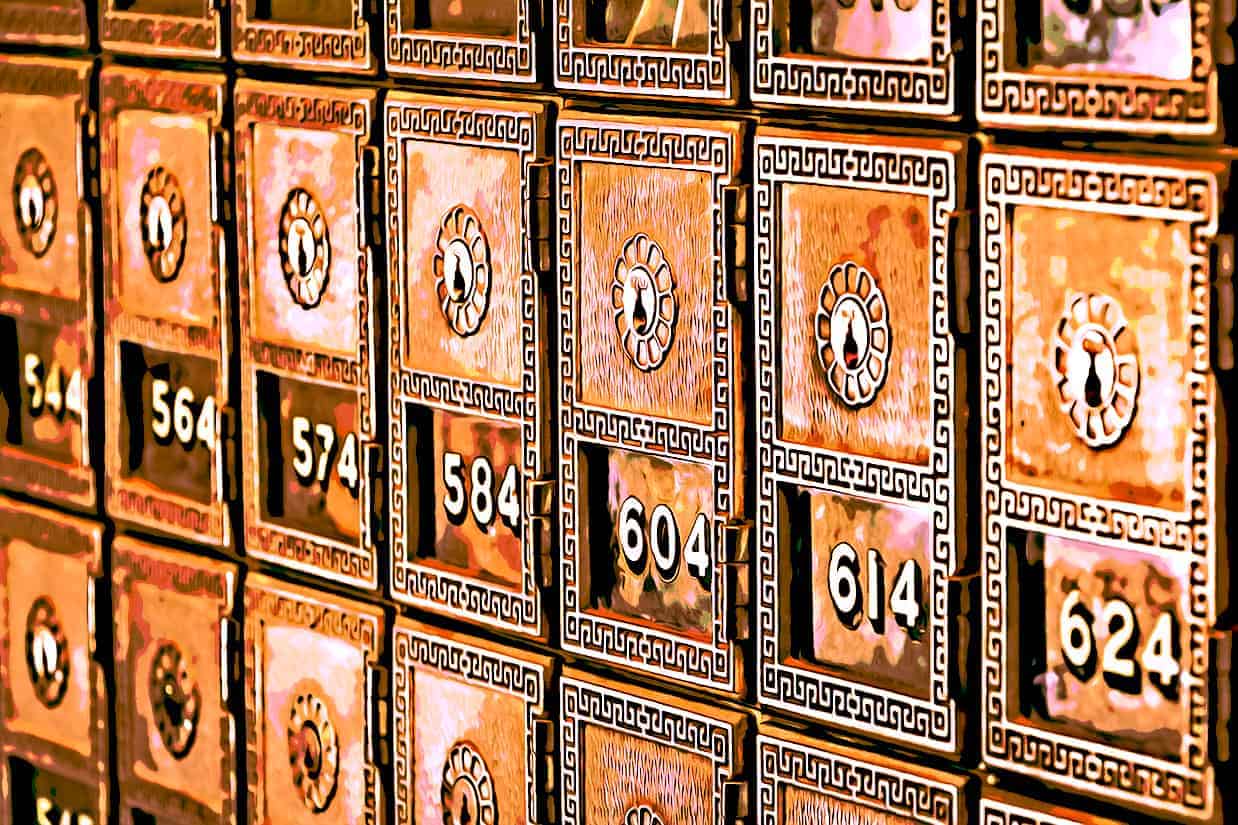DeFi — or decentralized finance — is the latest buzzword for good reason. With more than half a million users and with over $13 billion locked into DeFi protocols, it’s either a bubble or the greatest wave of innovation we’ve ever seen in finance. Realistically, it’s probably a little bit of both, but there is no doubt DeFi is here to stay. DeFi improves upon traditional financial systems and mitigates financial inclusion issues by globalizing access to financial services.

The problem with centralized control
Legacy financial systems have many problems, but the crux of most issues is based in reliance on third parties. This dependence on banks and other financial intermediaries means that we lack transparency into what is happening with our value and there is little to no accountability on the part of financial institutions. We are just supposed to trust them.
Unfortunately, the course of history has demonstrated that third parties cannot always be trusted to make decisions in our best interests. The 2008 Financial Crisis is just one example of how poor decisions made by financial incumbents crashed the global economy and negatively impacted millions of people. Satoshi Nakomoto’s introduction of Bitcoin, a peer-to-peer electronic currency that eliminated the need for a third party intermediary, was a reaction to the financial crisis.
DeFi is better than CeFi for one reason: user control
DeFi emerged from the cryptocurrency ecosystem with a focus on digitizing access to financial services like trading, saving, lending and borrowing, and other wealth-generation innovations. The main advantage of DeFi over centralized finance (CeFi) is control over one’s own financial assets. So, rather than trusting the bank, credit union, lender, or any other centralized financial entity to keep your value safe, users take on that responsibility.
Decentralized custody is much more secure because there is no single point of failure. Imagine if we never had to worry about another Equifax data breach or exchange hack? It is worth pointing out that centralized cryptocurrency exchanges are no more secure than legacy financial institutions, and may in fact be much less secure, as we’ve witnessed from numerous hacks with the $280 million KuCoin hack and OKEx among some of the most recent examples.
The security of decentralized exchanges depends entirely on the strength of its smart contract code, hence the immense importance of security audits. Earlier this year, bZx was hacked for $8.1 million due to a vulnerability that was exploited in its smart contracts. As DeFi continues to attract attention, users should beware of DeFi protocols seeking to take advantage of the growing hype by advertising impressive returns while neglecting to perform security audits.
DeFi users also benefit from improved financial privacy. Given the centralized structure of our legacy financial systems, it is very easy for corporations and governments to surveil individuals’ transactions, potentially using financial information, such as credit cards, to discriminate and block access to financial services. For people living under totalitarian regimes, financial transactions could be used against them as evidence of subversion. DeFi ensures that anyone, regardless of financial history or background, can gain access to financial services like borrowing, lending, custody and earned interest.
DeFi can close gaps in financial inclusion
DeFi democratizes finance in the sense that anyone with access to the internet can participate in these services. Legacy financial systems, by contrast, generally necessitate having a bank account before being eligible for a loan, earning interest, or being able to participate in many investment opportunities.
According to the World Bank, there are 1.7 billion unbanked people who are disenfranchised from participation in the growing digital economy. As smartphones continue to become more affordable, we will see this number diminish, especially as the usability of DeFi services improves.
When people can acquire loans, earn interest and expand avenues for wealth generation through trading and investments, they can pursue higher education, grow in their careers, and support their families. By using DeFi protocols, an individual can put up their digital assets as collateral for a loan, add cryptocurrency to liquidity pools to collect a share of exchange fees, and deposit cryptocurrency in protocols that generate impressive APY (annual percentage yield).
Why DeFi is the wave of the future
Not only is DeFi better for users from a custody, privacy and inclusion perspective, DeFi is simply a better system by design and will ultimately overtake CeFi.
For one, DeFi does not rely on users to provide liquidity, as legacy trading platforms do. Instead, DeFi protocols like Uniswap use an equation that automatically determines a token’s value based on demand. Additionally, ease-of-use of DeFi protocols will only continue to improve and will soon no longer be a factor to consider when weighing the pros of DeFi versus CeFi systems.
Given increasing mistrust in centralized institutions across the globe, DeFi’s user base will continue to skyrocket. It won’t be long before the current half a million users will seem paltry.





